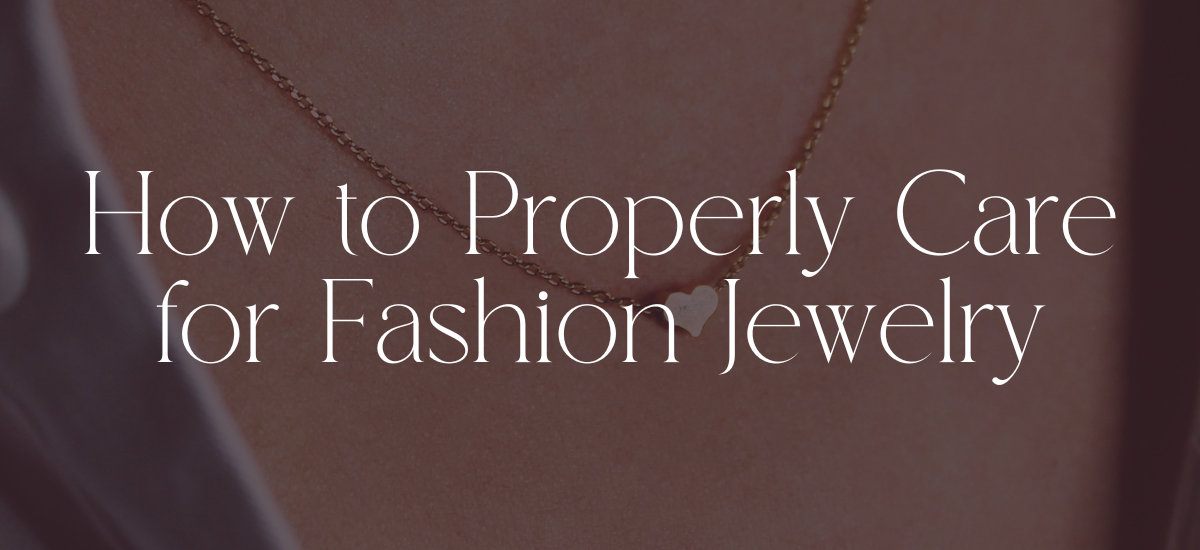
What to Say (and What Not to Say) When a Customer Says Their Jewelry Changed Color
What to Say (and What Not to Say) When a Customer Says Their Jewelry Changed Color
If you sell fashion jewelry in your boutique, chances are you’ll eventually hear a customer say:
“This piece turned color…”
“It doesn’t look the same anymore…”
“Is this normal?”
Let’s be honest—these questions can feel awkward, especially when you're trying to maintain trust with your clientele. But here’s the good news: with the right language and knowledge, you can turn these moments into positive brand experiences.
Why It Happens
First, it’s important to understand that plated fashion jewelry (especially gold-plated brass) will eventually change color if exposed to moisture, sweat, perfumes, lotions, or sun. Please see our blog post about this. This isn’t necessarily a defect—it’s the nature of the material. Unlike solid gold or stainless steel, plated brass pieces have a thin layer of gold that will fade over time.
Educating your customers early on helps manage expectations—but when someone still comes back with a concern, here’s how to handle it.
✅ What to Say
1. Acknowledge the concern with empathy
“I totally understand—it can be disappointing when a favorite piece doesn’t keep its original shine.”
2. Explain gently and clearly
“This style is made from gold-plated brass, which means it has a thin layer of real gold over a base metal. Over time, especially with exposure to water or cosmetics, the plating can wear off. It’s very common with all plated jewelry.”
3. Share care tips to extend lifespan
“To keep pieces looking their best, we always recommend removing them before showering, swimming, or applying lotions and perfumes. Storing them in a dry pouch can also help.”
4. Reframe the value
“These pieces are designed to be affordable, trendy, and accessible—perfect for seasonal looks and statement styling without the price tag of fine jewelry.”
5. Offer a solution (if appropriate)
“If you’re looking for something that lasts longer, we also carry stainless steel jewelry. It’s waterproof and hypoallergenic—great for everyday wear.”
❌ What Not to Say
1. Don’t say: “It’s not our problem.”
Even if the item isn’t technically defective, dismissing the customer’s concern makes it worse. Be empathetic, even if you’re firm.
2. Don’t blame the customer directly.
Avoid phrases like “You must have worn it wrong” or “You didn’t take care of it.” Instead, offer advice without sounding accusatory.
3. Don’t overpromise.
Never say a plated piece “won’t tarnish” or is “waterproof” if it’s not. Customers will remember what you told them.
Bonus: Prevent the Complaint Before It Happens
Here’s what we recommend you do at the point of sale:
-
Let your staff know which pieces are brass-plated and which are stainless steel.
-
Have a simple care card or quick script ready.
-
Post care instructions near your jewelry display or include them in the bag.
At Renaissance Inc., we want our boutique partners to feel confident and supported. If you ever need product knowledge training for your team or want printable care cards, just let us know—we’re happy to help!



